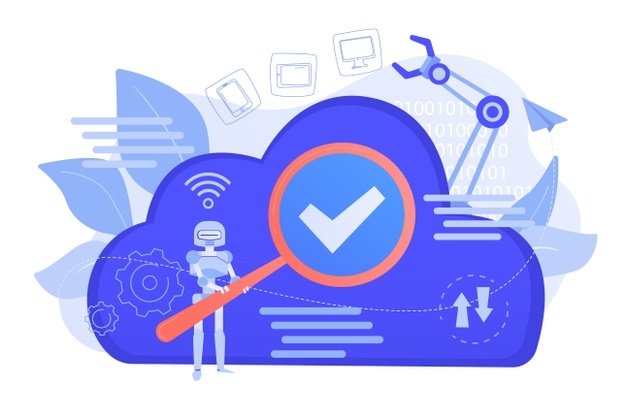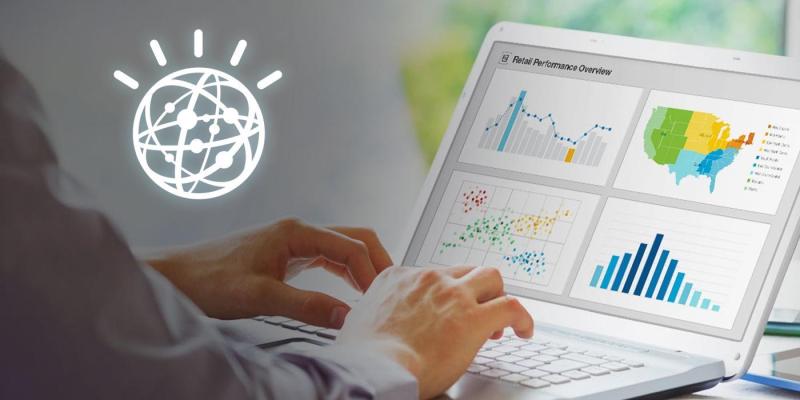View: The way countries handle Foreign Policy will change due to Digital Transformation
3AI February 14, 2021

The way countries handle foreign policy will change irreversibly in the future due to digital transformation.
.
There is hardly any aspect of life that hasn’t been affected by the Covid-19 pandemic. New technologies, inventions and well-organised tools are being developed every day. Digital transformation has occurred all around us. It impacted every business, reducing economic growth immensely.
The way countries handle foreign policy will change irreversibly in the future due to digital transformation. There would be one policy for the physical world and another for the digital one involving matters like data-sharing, digital currency and the virtual world. Imagine one country can export rice to another, but not any personal identifiable data.
Democratised or conservative data-sharing in the future will feature in election manifestos — how elected governments will deal with personal data, and what their privacy laws that directly impact citizen’s freedom could be. Decisions like national Bills will be augmented via algorithms and use of data. DNA base predictions will reduce false health alarms. It could also lead to better personalised treatment, and lower insurance and healthcare per-capita costs.
A decade ago, augmented reality (AR) was seen as a fad and was very expensive. Now, it’s commonly available in Instagram filters and navigation apps. Technology will soon mature from AR to augmented humans (AH) with the ease of 3D printing bionic limbs and their repair parts. AH will transform the way people with disabilities live their daily lives.
Digital transformation has reformed the ‘traditional’ industries to smart industries, whether artificial intelligence (AI) and car automation, or the mattress industry (where mattresses can make themselves warm or cold based on the ambient temperature). Wearables will, one day, become like tattoos, also being able to record health data like diabetes readings, cardiac health and body temperature.
So, it’s safe to believe that traditionally, digital transformation used for computer and internet technology will be used for more competent value creation. Computing technology, combined with easy-to-use user experiences, are chief driver of these changes. They bring in radical changes to the business world, as more users adopt digital experiences in their routines and lives. ‘Digital twin’ technology — generation or collection of digital data representing a physical object — is, for instance, revolutionary.
WhatsApp has announced plans to launch micro insurance and pension products soon. On the agricultural science front, there will be a major productivity surge, with new digital business models increasingly adopting hydroponic systems — growing plants and crops without soil and using mineral nutrient solutions in an aqueous solvent.
Telemedicine, AI-enabled medical devices and blockchain electronic health records are examples of digital transformation in healthcare. Telemedicine will transform care and may reduce hospitalisation, help increase in care and life expectancy. Care-giving will be remotely possible as more family members migrate and have access to evidence-based care. Both private and public sector programmes may lay a solid foundation for digital innovations. Meanwhile, increase in initiatives will create healthy competition. Ultimately, it will bring down digital cost and increase usage.
Specifically, government can build the digital infrastructure based on the requirements of the public sector. Creating noticeable competences and successful fiscal funds, it increases its innovation outputs, while improving public services.
Picture from freepik.com






